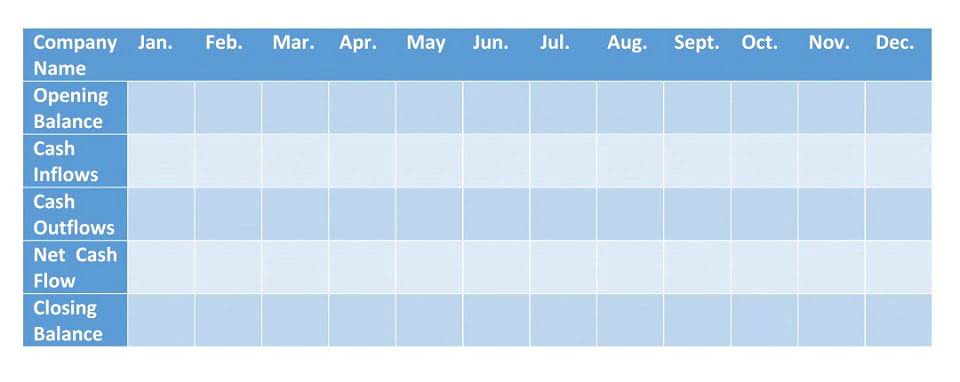
Finally, since preferred shares make up only a fraction of assets on the stock market, they typically have lower liquidity. Therefore, shareholders may face more difficulty and higher transaction costs when they try to sell their equity. Once you decide on an investment platform, you need to pick an account type. An individual retirement account, or IRA, gives investors who want to save money for retirement outside of work the ability to buy stocks, bonds, mutual funds and other assets.
How to Invest Better With Bonds – Morningstar
How to Invest Better With Bonds.
Posted: Mon, 30 Oct 2023 20:00:57 GMT [source]
Stocks are securities that represents a fraction of the ownership of the issuing corporation. They are issued to investors in the form of stock certificates. Most states also exempt their own municipal bonds (but not out-of-state municipal bonds) from state income taxes. However, if you want to decide this post might prove helpful to you in understanding the differences. While bonds are often deemed a safer asset and a steady income-earning investment, they are not without their own set of risks. As fears of a recession by the end of the year grow, the Fed is now predicting we’ll see a mild recession with a two-year recovery.
What are stocks?
“Small companies tend to have more risk, and the extra risk you’re taking on leads to higher return,” Horowitz adds. Bankrate’s editorial team writes on behalf of YOU – the reader. Our goal is to give you the best advice to help you make smart personal finance decisions. We follow strict guidelines to ensure that our editorial content is not influenced by advertisers.
One major difference between the bond and stock markets is that the stock market has central places or exchanges where stocks are bought and sold. Bonds are normally given an investment grade by a bond rating agency like Standard & Poor’s and Moody’s. This rating—expressed through a letter grade—tells investors how much risk a bond has of defaulting. A bond with a “AAA” or “A” rating is high-quality, while an “A”- or “BBB”-rated bond is medium risk. Bonds with a BB rating or lower are considered to be high-risk.
So, what’s the right mix of stocks vs. bonds?
Bonds are different from Stocks because when you buy a Bond, you do not gain any ownership in the Business. We’re transparent about how we are able to bring quality content, competitive rates, and useful tools to you by explaining how we make money. Get a daily email with the top market-moving news in bullet point format, for free. Access and download collection of free Templates to help power your productivity and performance. Over 1.8 million professionals use CFI to learn accounting, financial analysis, modeling and more. Start with a free account to explore 20+ always-free courses and hundreds of finance templates and cheat sheets.

In general, stocks are considered riskier and more volatile than bonds. However, there are many different kinds of stocks and bonds, with varying levels of volatility, risk and return. The biggest risk of stock investments is the share value decreasing after you’ve purchased them. Given the numerous reasons a company’s business can decline, stocks are typically riskier than bonds.
Bonds Represent Debt
The longer the bond’s term—that is, the specified length of time before the borrower pays back bondholders—the greater the risk. This is the risk that an issuer defaults on coupon payments or fails to repay the principal https://www.bookstime.com/accounting-services-for-startups at maturity. This could cause the price of the bond to plummet and significantly reduce your returns, potentially all the way to zero. History has shown that owning stocks and bonds is a good way to build wealth.

The founder of the lemonade stand is receiving much more demand than anticipated and wants to take advantage of the situation by opening a second lemonade stand. The second lemonade stand will cost around $1,000 to get up and running. However, the founder does not have money on hand to fund the second lemonade stand even though he knows it will be successful. what is the difference between a bond and a stock Get stock recommendations, portfolio guidance, and more from The Motley Fool’s premium services. A mortgage bond is a type of security backed by pooled mortgages, paying interest to the holder monthly, quarterly, or semi-annually. These two investment types can both play important roles in a portfolio — but they work in very distinct ways.
